What Medications Should Not Be Taken with CBD?
Are there medications that should not be taken with CBD? In the realm of natural remedies, CBD, or cannabidiol, has been making waves for its potential health benefits. Many people are turning to CBD products to alleviate various ailments, from anxiety and pain to sleep disorders. However, like any other substance, CBD can interact with certain medications, potentially causing adverse effects. In this article, we will delve into the important question: What medications should not be taken with CBD?
Estimated reading time: 9 minutes
- Understanding CBD and its Interaction with Medications
- Medications and CBD oil
- Medications that Should Not Be Combined with CBD
- CBD, Medications and Liver Enzymes: What You Should Know
- How CBD Interacts with the Liver
- CBD's Interaction with CYP450 Enzymes
- CBD and Blood Thinners: What You Need to Know
- Conclusion
- FAQ – What medications should not be taken with CBD
- The Real CBD Best Sellers
Understanding CBD and its Interaction with Medications

Before we dive into the specifics, let us briefly explore what CBD is and how it interacts with medications. CBD is one of the many compounds found in the Cannabis sativa plant. Unlike its cousin, THC, CBD is non-psychoactive, meaning it does not produce the “high” associated with marijuana use. Instead, CBD is believed to interact with the body's endocannabinoid system, which plays a role in regulating various physiological processes.
When you consume CBD, it can affect the way your body metabolizes certain medications. This is because CBD can inhibit or enhance the activity of enzymes in the liver responsible for breaking down drugs. As a result, it may alter the concentration of these drugs in your bloodstream, potentially leading to unintended consequences.
Medications and CBD oil
Now, the medications you need to be particularly careful with are those that have a “grapefruit warning.” You might be wondering, “What's the deal with grapefruits?” Well, grapefruits contain compounds that also affect those liver enzymes, just like CBD does. So, if your medication comes with a grapefruit warning, it's a sign that it might interact with CBD too.
But don't worry, it's not all doom and gloom. Many people safely use CBD alongside their medications. The key is to talk to your healthcare provider. They can give you personalized advice based on your specific medications, health conditions, and CBD usage. It is always better to be safe than sorry when it comes to your health.
So, the bottom line is this: if you're taking any medications and want to use CBD, have a chat with your doctor. They will guide you on whether it is a good idea and how to do it safely. Your health matters, and they're the experts who can help you make the best choices for your well-being.
Related contents
Medications that Should Not Be Combined with CBD

- Blood Thinners (Anticoagulants): CBD has been reported to have potential antiplatelet effects, which means it can affect the blood's ability to clot. Combining CBD with blood thinners like Warfarin or aspirin may increase the risk of bleeding. If you are on blood thinners, it's crucial to consult with your healthcare provider before using CBD.
- Anti-Epileptic Drugs: CBD is sometimes used as an adjunct treatment for epilepsy, but it can interact with other anti-epileptic medications, such as Clobazam. It is essential to work closely with your neurologist if you are considering using CBD to manage epilepsy.
- Certain Antidepressants: Some antidepressants, like SSRIs (Selective Serotonin Reuptake Inhibitors), may interact with CBD, potentially leading to increased serotonin levels. This interaction could result in a condition known as serotonin syndrome, which can be serious. Always discuss CBD use with your psychiatrist if you are taking antidepressants.
- Anti-Anxiety Medications: CBD is often sought after for its anxiolytic (anxiety-reducing) properties. However, when combined with anti-anxiety drugs like Benzodiazepines, it can amplify their effects, leading to excessive sedation and drowsiness. Consult your mental health professional if you wish to use both CBD and anti-anxiety medications.
- Heart Medications: CBD may affect blood pressure and heart rate. Therefore, individuals taking medications for heart conditions, such as beta-blockers or calcium channel blockers, should exercise caution and consult their cardiologist before using CBD.
- Immuno-suppressants: CBD's potential to modulate the immune system means it may interact with immunosuppressant drugs, which are often prescribed to prevent organ rejection after transplantation. If you are on immune-suppressants, consult your transplant specialist before using CBD.
CBD, Medications and Liver Enzymes: What You Should Know
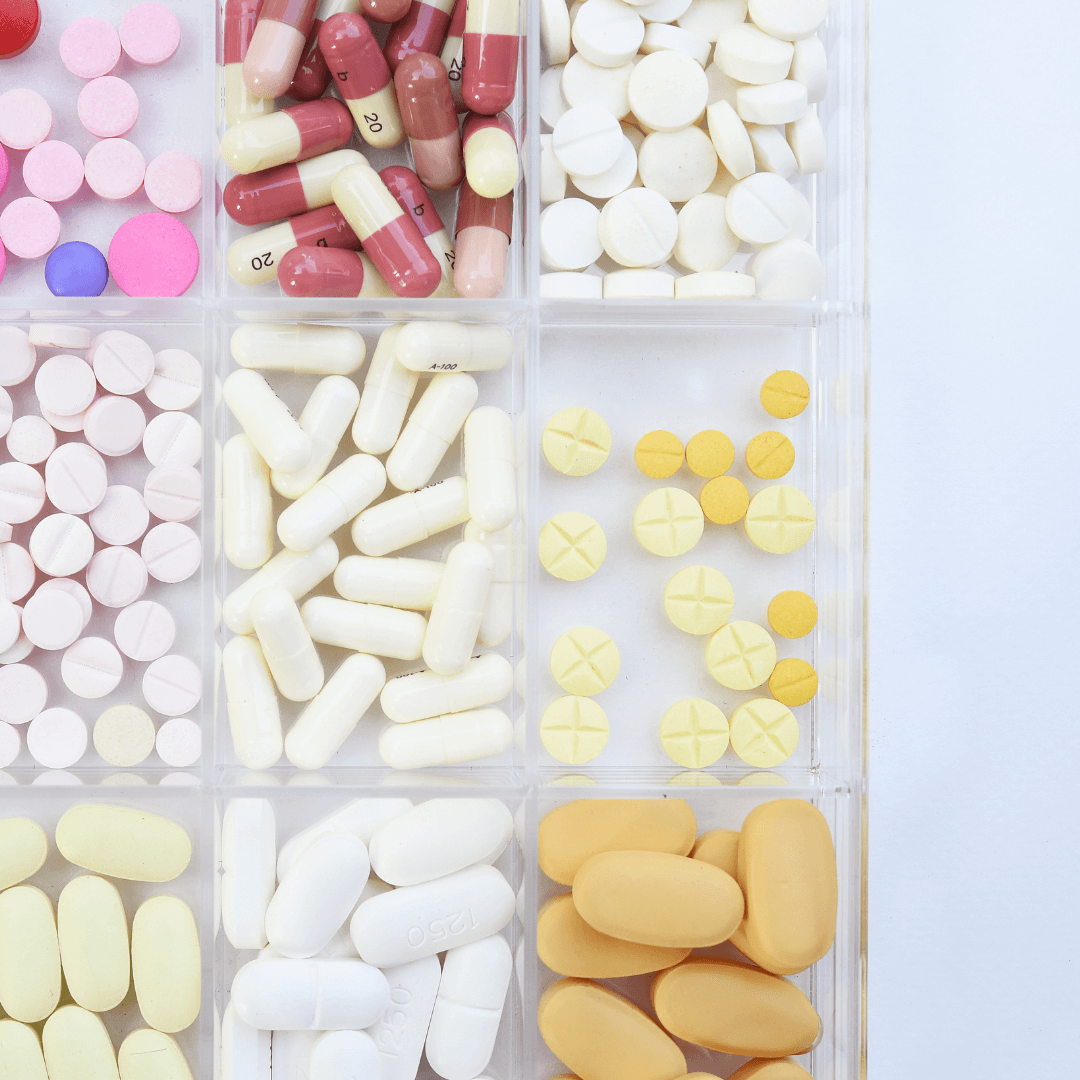
CBD, short for cannabidiol, is a compound found in the cannabis plant that has gained popularity for its potential health benefits. One aspect of CBD use that has raised questions is its impact on liver enzymes.
How CBD Interacts with the Liver
When you consume CBD, it goes through a process in your body that involves the liver. This process is called metabolism. During metabolism, the liver uses enzymes to break down and process substances like CBD and certain medications.
The Role of Liver Enzymes
Liver enzymes are essential for breaking down various substances, including medications and toxins, to make them easier for the body to eliminate. There are specific enzymes in the liver, such as cytochrome P450 (CYP450), that play a crucial role in this process.
CBD's Interaction with CYP450 Enzymes

CBD has been found to interact with some of the CYP450 enzymes, particularly CYP3A4 and CYP2C19. When CBD interacts with these enzymes, it can affect their ability to metabolize other drugs or substances that also use the same enzymes.
Potential Consequences
This interaction can have consequences for individuals taking medications that are metabolized by the same liver enzymes. When CBD inhibits or enhances the activity of these enzymes, it may alter the way these medications are processed in the body.
- Inhibition: If CBD inhibits the enzyme responsible for metabolizing a medication, it can lead to higher levels of that medication in the bloodstream. This can potentially increase the risk of side effects or adverse reactions.
- Enhancement: On the other hand, if CBD enhances the enzyme's activity, it may lead to lower levels of the medication, potentially reducing its effectiveness.
The Importance of Consulting a Healthcare Professional
Due to the potential for CBD to interact with liver enzymes and affect medication metabolism, it's essential to consult with a healthcare professional before using CBD, especially if you are taking other medications. Your doctor can provide guidance on whether CBD is safe and appropriate for your specific situation and can adjust your medication regimen if necessary.
CBD and Blood Thinners: What You Need to Know
CBD, or cannabidiol, is a natural compound derived from the cannabis plant, known for its potential health benefits. Blood thinners, on the other hand, are medications prescribed to reduce the risk of blood clots. Combining CBD with blood thinners may have some consequences:
Blood-Thinning Effects
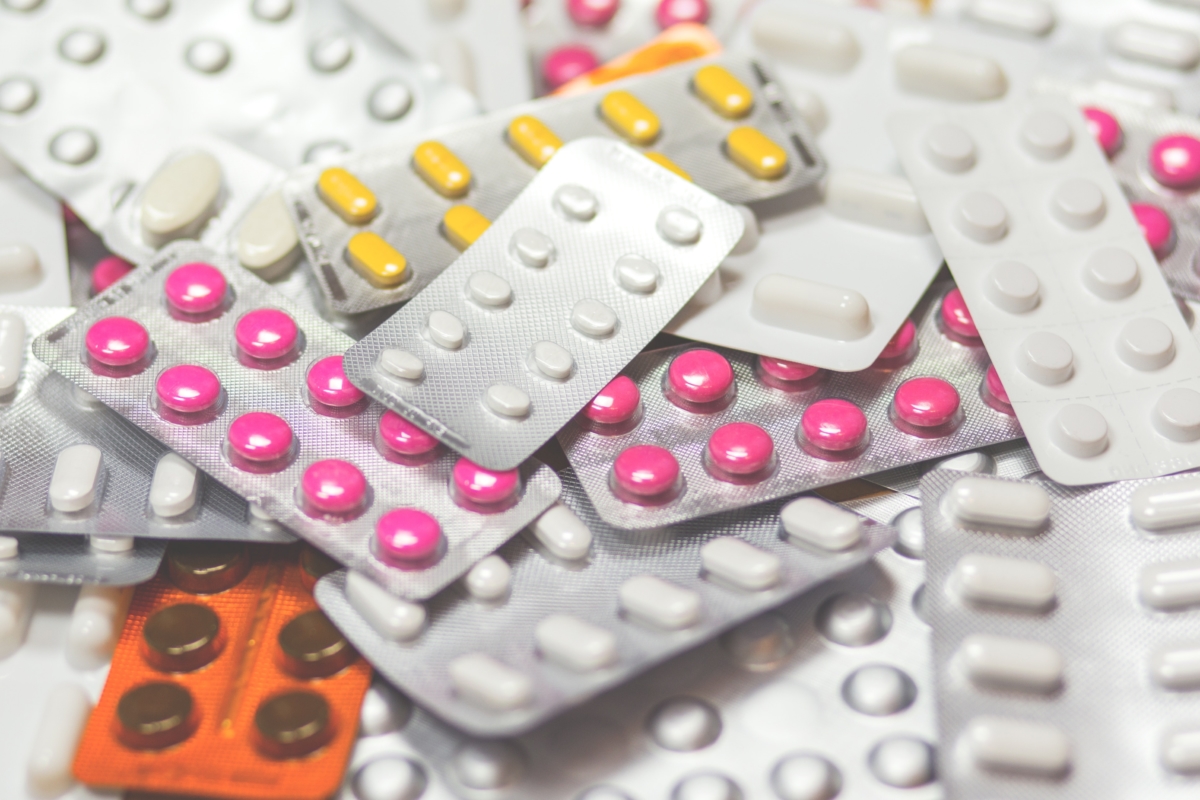
Blood thinners, also known as anticoagulants, work to prevent excessive blood clotting. CBD has been suggested to have mild blood-thinning effects as well. When used together, these two substances may increase the risk of bleeding.
Potential Consequences
Here are the potential consequences of using CBD and blood thinners together:
- Increased Bleeding Risk: Combining CBD with blood thinners like Warfarin or aspirin may amplify their blood-thinning effects. This can potentially lead to an increased risk of bleeding, even from minor injuries or cuts.
- Monitoring and Dosing: If you are using both CBD and blood thinners, your healthcare provider may need to monitor your blood clotting levels closely. They might need to adjust your medication dosages to maintain the right balance between preventing blood clots and avoiding excessive bleeding.
- Consult Your Doctor: It is crucial to inform your healthcare provider about your CBD use, especially if you are taking blood thinners. They can provide personalized guidance and ensure your safety.
Conclusion
In conclusion, while CBD holds promise as a natural remedy for various health issues, it is essential to be aware of its potential interactions with medications. To ensure your safety and well-being, always consult with a healthcare professional before incorporating CBD into your treatment regimen, especially if you are taking any of the medications mentioned above.
Remember that individual responses to CBD can vary, and what works for one person may not work for another. By discussing your specific situation with a medical expert, you can make informed decisions about whether CBD is a suitable addition to your healthcare routine.
FAQ – What medications should not be taken with CBD
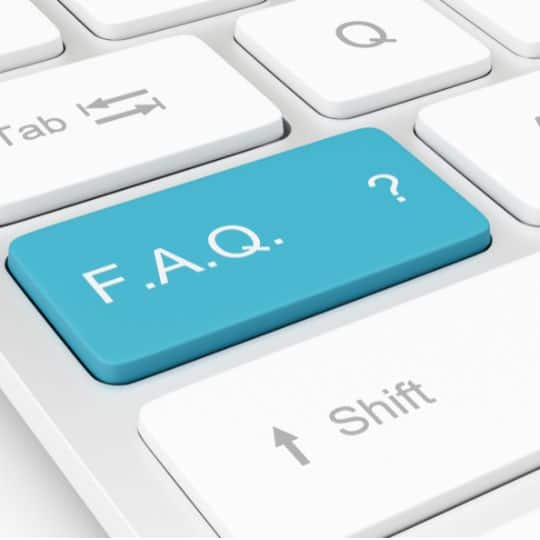
Some medications that should not be combined with CBD include blood thinners (anticoagulants), certain anti-epileptic drugs, specific antidepressants, anti-anxiety medications, heart medications, and immunosuppressants. Always consult your healthcare provider before using CBD if you are taking any medications.
CBD can affect the way your body metabolizes certain medications by interacting with liver enzymes, particularly CYP3A4 and CYP2C19. This interaction may either inhibit or enhance the activity of these enzymes, potentially altering the concentration of medications in your bloodstream.
Combining CBD with blood thinners like Warfarin or aspirin may increase the risk of bleeding due to their blood-thinning effects. It's crucial to inform your healthcare provider if you use both CBD and blood thinners for monitoring and potential dosage adjustments.
Yes, CBD may interact with some antidepressants, particularly SSRIs (Selective Serotonin Reuptake Inhibitors). This interaction could lead to increased serotonin levels and potentially result in a condition called serotonin syndrome. Consult your psychiatrist before using CBD if you are taking antidepressants.
Yes, it is essential to consult with a healthcare professional before using CBD, especially if you are taking other medications. Your doctor can assess the potential interactions and adjust your medication regimen if necessary to ensure your safety.
The Real CBD Best Sellers
-
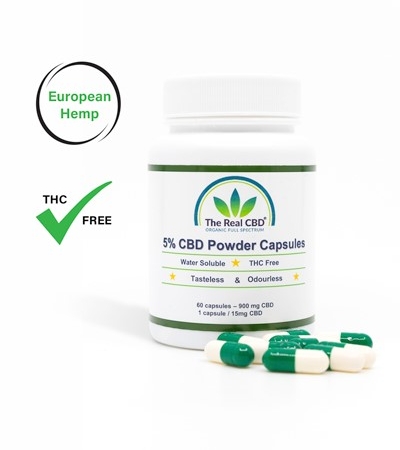 CBD Capsules – Water Soluble 5%€59.00
CBD Capsules – Water Soluble 5%€59.00 -
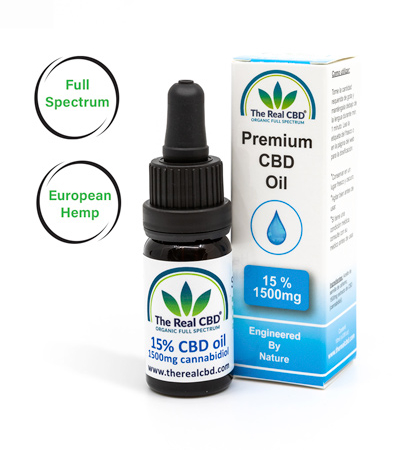 15% Pure CBD oil€80.00 – €85.00
15% Pure CBD oil€80.00 – €85.00 -
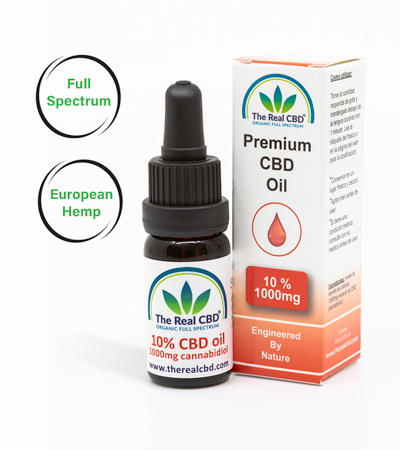 10% CBD oil€55.00
10% CBD oil€55.00 -
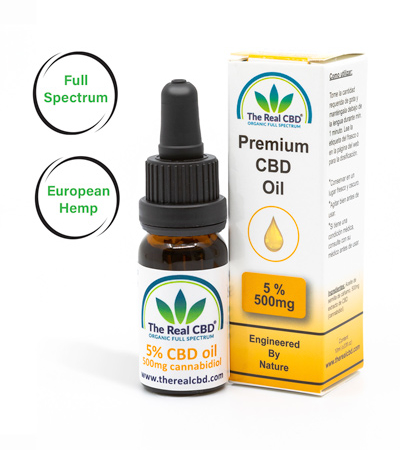 5% Pure CBD oil€29.00 – €35.00
5% Pure CBD oil€29.00 – €35.00 -
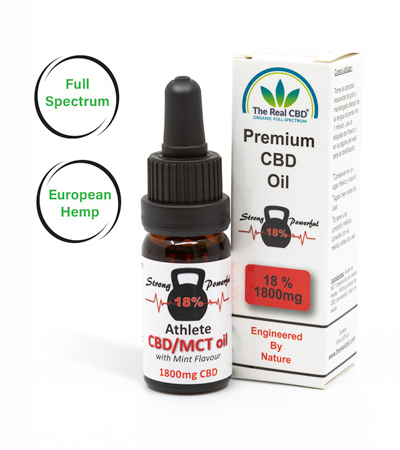 Athlete MCT/CBD oil 18%€90.00
Athlete MCT/CBD oil 18%€90.00 -
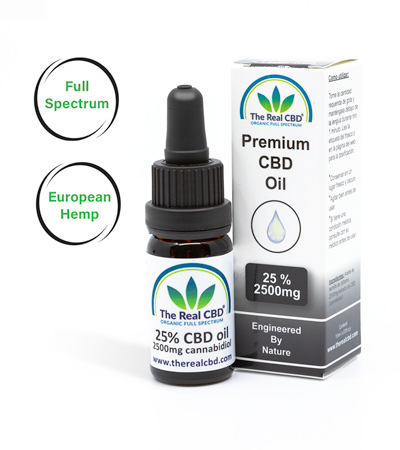 25% Pure CBD oil€139.00
25% Pure CBD oil€139.00 -
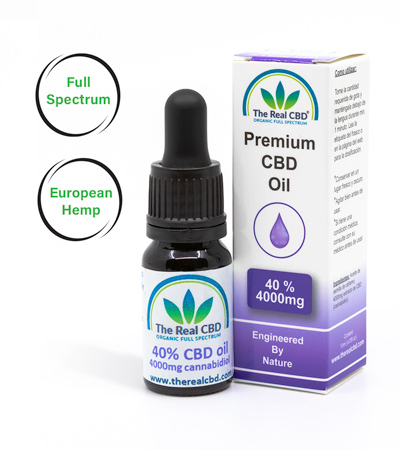 40% Raw CBD Oil€189.00
40% Raw CBD Oil€189.00 -
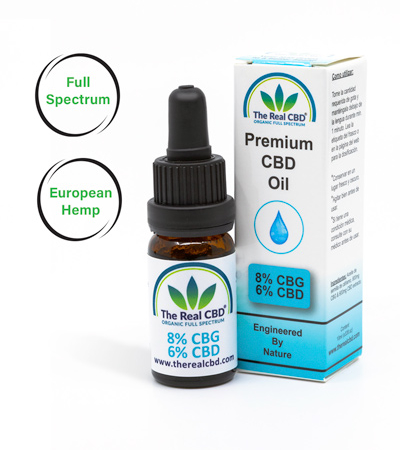 CBG/CBD oil€87.00
CBG/CBD oil€87.00 -
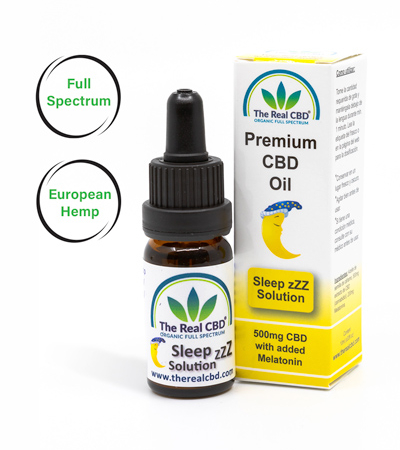 CBD Sleep Solution 10%€50.00
CBD Sleep Solution 10%€50.00 -
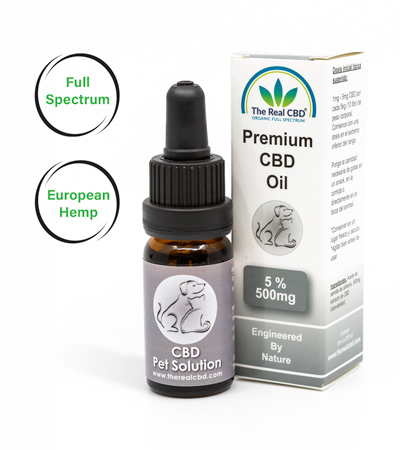 5% CBD oil for Pets€29.00
5% CBD oil for Pets€29.00 -
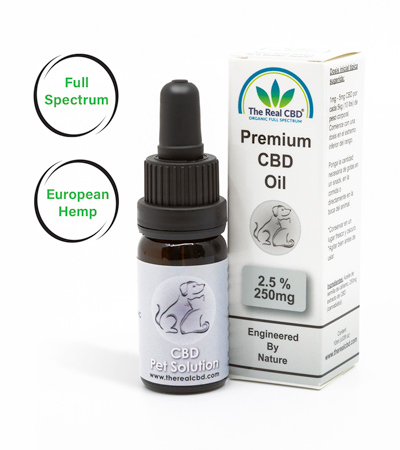 2.5% CBD oil for Pets€15.00
2.5% CBD oil for Pets€15.00 -
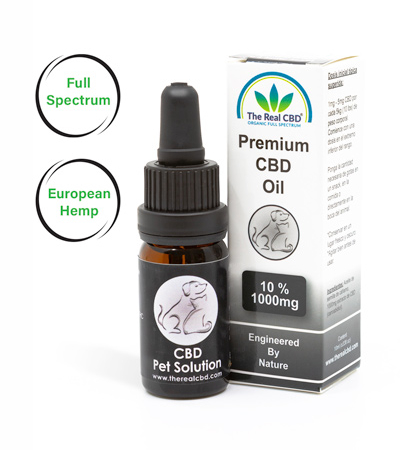 10% CBD oil for Pets€55.00
10% CBD oil for Pets€55.00

I am a certified expert in Medicinal Cannabis. We are all about giving correct and trustworthy information. We know how important it is to learn about CBD and cannabis, which is why we want to be your go-to source for trustworthy information. We help you improve your health by using our knowledge and experience as a starting point.

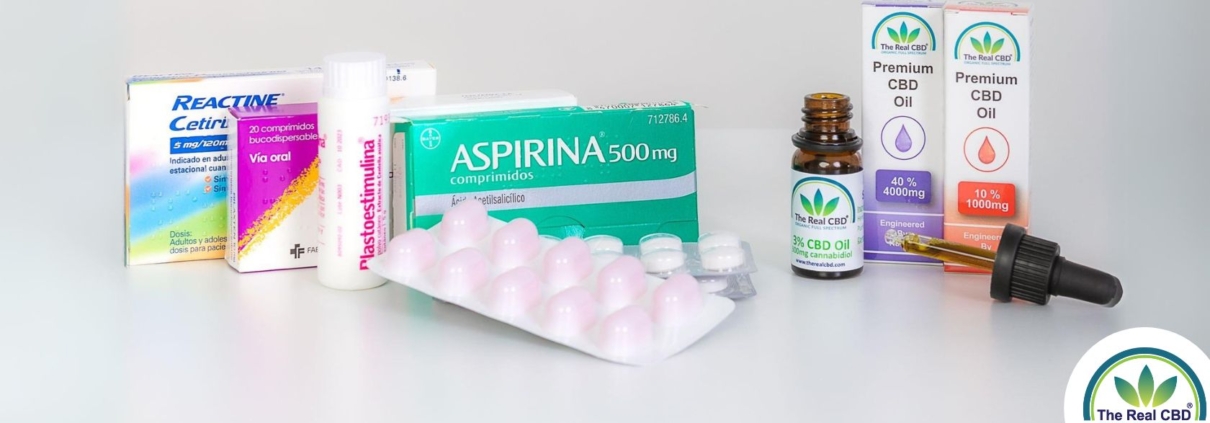
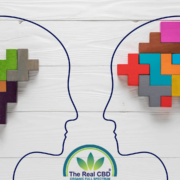











Leave a Reply
Want to join the discussion?Feel free to contribute!